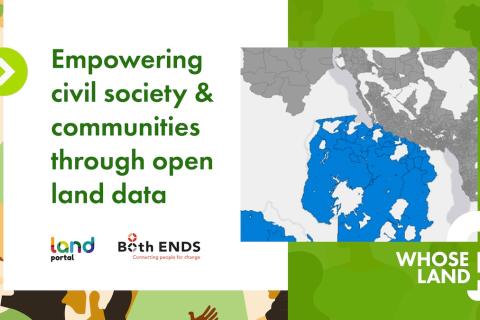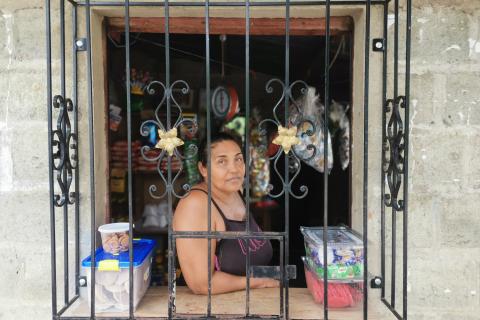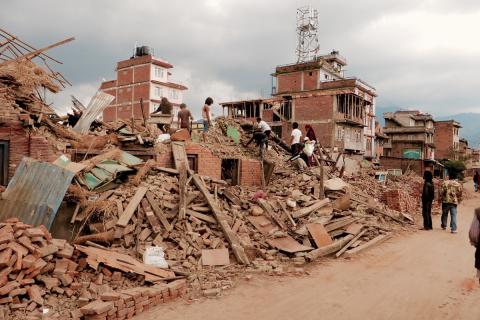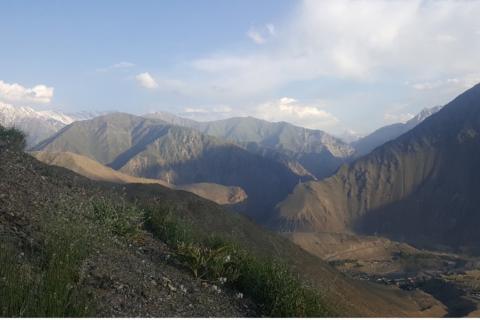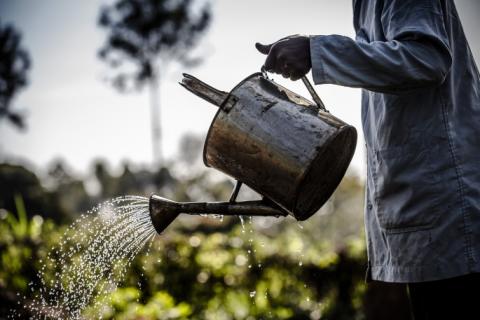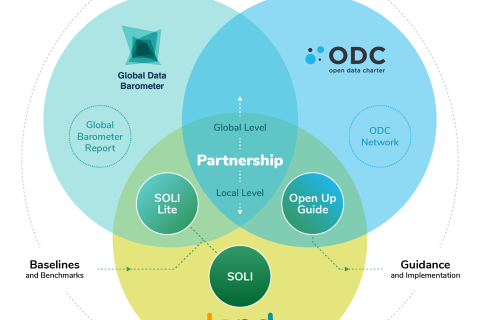Matrilineal Ownership, Patrilineal Access And Control: The Zambian Land Story.
Just like many African countries, a majority of Zambian tribes follow a matrilineal system, that is, an affinity system in which descent is derived through maternal instead of paternal lines which essentially means children are recognised by the names or family of their mothers. This does not only affect decent but also involves the inheritance of titles and property including land through the female line. One might ask why women have less access and control of land in Zambia when land and property is inherited through maternal lines.
'You Cannot Live Here'
USAID is supporting the government with a strategy to create municipal land offices that manage local land administration campaigns and deliver land titles to rural Colombians
New Country Portfolio for Nepal
The Land Portal published a new country portfolio for Nepal as part of our Country Insights initiative. The initiative seeks to expand knowledge about how countries govern their land, the challenges they face, and the innovative solutions they find to manage land tenure issues.
Nepal is a small landlocked country situated between India and China. It comprises three main geographical areas, namely lowland plains bordering India, foothills, and then the high Himalayan mountains bordering China. The total land area is 147,516km2.
New Country Portfolio on Tajikistan
The Land Portal published a new country portfolio for Tajikistan as part of our Country Insights initiative. The initiative seeks to expand knowledge about how countries govern their land, the challenges they face, and the innovative solutions they find to manage land tenure issues.
New Country Portfolio on Mozambique
FAO publishes case study on LandVoc, Land Portal's land thesaurus
This case study was originally published on the FAO AGROVOC site. Image: FAO/Luis Tato
1. Land Portal Foundation and LandVoc
Beginner's Guide to Open Land-Related Data
The Land Portal works to embed land governance in open data discussions and vice versa. This primer is extracted from the recently published Open Up Guide for Land Governance.
First, What is Open Data?
An alliance for open and transparent land data systems and inclusive land governance: A global picture and country actions
The Land Portal, Global Data Barometer, and Open Data Charter are working together at the nexus of open data and land governance. This blog shares how we are bringing our complementary expertise and passions for more open and transparent land data systems.
The problem
The Perceived Conflict Between Open Data and Privacy Concerns in India
The good governance of land is critical to the pursuit of sustainable development. Given that the land sector is often considered to be susceptible to corruption, open and transparent land data is seen as an opportunity to fight corruption. Following global trends, the land sector is increasingly engaging in efforts to make more land and spatial data open and freely available.

